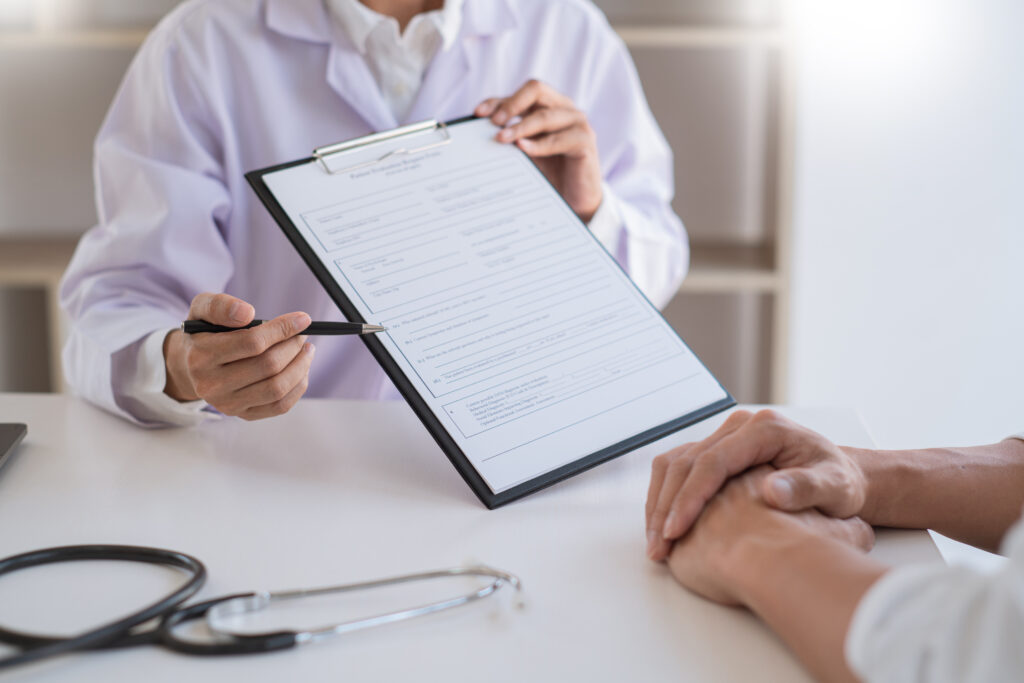Anxiety and Depression Medications
Overview of Anxiety and Depression
Two of the most prevalent mental health issues in our society are anxiety and depression. Although the two disorders may have similar causes, symptoms, and treatments, there are also significant differences. Anxiety is the feeling of excessive worry and fear, whereas depression is characterized by a strong sense of grief, despair, and apathy. Those who suffer from anxiety frequently feel on edge all the time, those who suffer from depression may feel numb and withdraw from society.

Contact Profound Treatment to Learn More
Our team is standing by to discuss treatment options with you. Your call is completely confidential and no obligation is required.
Can You Have Anxiety but Not Depression?
What Are the Main Causes of Anxiety and Depression?
- Experiencing traumatic or stressful events, such as the death of a loved one or job loss
- A history of anxiety, depression, or other mental disorders in biological relatives
- Substance abuse and heavy alcohol consumption
- Medical conditions, such as heart disease, chronic pain, and cancer
- The use of certain medications such as corticosteroids
What Drugs Are Used to Treat Anxiety?
Selective Serotonin Reuptake Inhibitors (SSRIs)
Selective Serotonin & Norepinephrine Inhibitors (SNRI)
Benzodiazepines
The most frequently administered anxiety medication is benzodiazepines, also referred to as tranquilizers. Benzodiazepines help individuals relax physically and mentally by slowing down the nervous system.
Buspirone
Lorazepam
What Drugs Are Used to Treat Depression?
Selective Serotonin Reuptake Inhibitors (SSRIs)
Selective Serotonin & Norepinephrine Inhibitors (SNRIs)
Vortioxetine and Vilazodone
The antidepressants vortioxetine and vilazodone hydrochloride are used to treat major depressive disorder. Vortioxetine is a serotonin receptor agonist and antagonist that inhibits serotonin reuptake and directly activates receptors to treat depression. It is used for the treatment of adult patients with major depressive disorder.
Tetracyclic Antidepressants
Monoamine Oxidase Inhibitors (MAOIs)
N-Methyl-D-Aspartate Receptor Antagonist
Side Effects of Depression and Anxiety Medications
- Blurry vision
- Dizziness
- Fatigue
- Increased blood pressure
- Headaches
- Nausea
- Erectile dysfunction
- Sleep problems
- Tremors
- Weight gain
Alternative Home Remedies for Depression and Anxiety
Yoga
Meditation
Breathing Exercises
Physical Exercise
Acupuncture
Get Help for Depression and Anxiety at Profound Treatment
If you are struggling with depression or anxiety, you are not alone. Through proper assessment, specialized treatment plans and therapies, and coping skills development at Profound Treatment, you can overcome depression and anxiety disorder. We will provide you with high-quality, comprehensive, and personalized care.

Therapies
- Cognitive-behavioral therapy
- Dialectical-behavioral therapy
- Psychodynamic therapy
Dual Diagnosis
Aftercare
People in recovery from addiction, depression, or anxiety are provided aftercare, which is an ongoing therapy program after attaining initial sobriety. Aftercare might take the form of inpatient rehabilitation or comprehensive outpatient rehab programs.
Profound Treatment’s programs for aftercare offer ongoing guidance, therapy, and a secure environment for personal growth. A person can remain actively involved in their ongoing depression and anxiety disorder and addiction rehabilitation by developing an aftercare plan. Reach out to learn more and begin healing.
Resources
- 1https://www.ncbi.nlm.nih.gov/books/NBK361016/
- 2https://www.ncbi.nlm.nih.gov/pmc/articles/PMC3074295/
- 3https://www.ncbi.nlm.nih.gov/pmc/articles/PMC5573566/
- 4https://www.ncbi.nlm.nih.gov/books/NBK554406/
- 5https://www.ncbi.nlm.nih.gov/pmc/articles/PMC5871291/
- 6https://www.ncbi.nlm.nih.gov/pmc/articles/PMC6722678/
Useful Links
Licensed by the State Department of Health Care Services.
Profound Healing Centers License No: 191092BP Exp. 5/31/26 (current/active)
Profound Healing Centers License No: 191092AP Exp. 7/31/25 (current/active)
Profound Treatment License No: 191047CP Exp. 1/31/27 (current/active)
Profound Treatment License No: 191047AP Exp. 8/31/26 (current/active)
Profound Treatment License No: 191047EP Exp: 3/31/26 (current/active)
Profound Treatment License No: 191047DP Exp. 9/30/25 (current/active)
Click here for more information about DHCS licensing.
| Start your healing today>> | |
|---|---|
| (310) 929-9546 |







